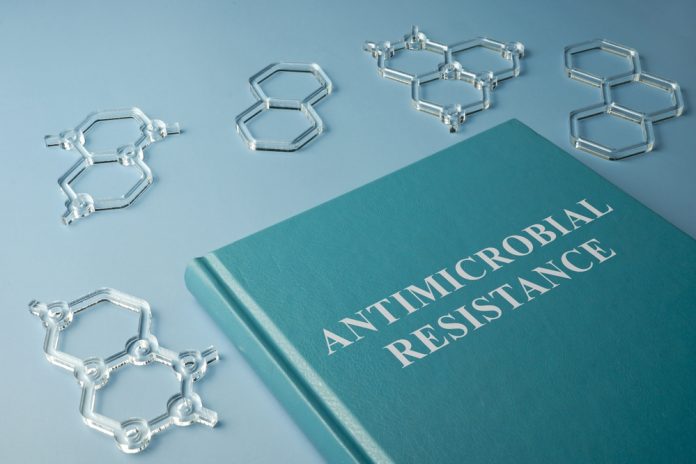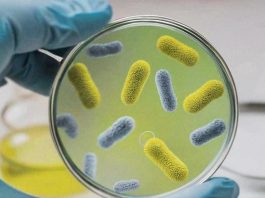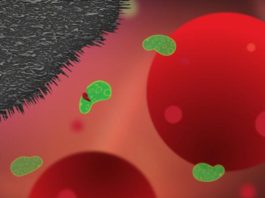At the United Nations General Assembly (UNGA) held this week in New York, UN Member States have reached a Political Declaration aimed at tackling antimicrobial resistance (AMR).
Antimicrobial resistance is one of the greatest global health threats facing the planet, directly causing over one million deaths annually.
To combat this urgent health issue, Member States have established a Political Declaration at UNGA to fight AMR across all sectors through a ‘One Health’ approach. This type of approach considers that human, animal and environmental health are intrinsically linked.
Stella Kyriakides, European Commissioner for Health and Food Safety, explained: “This Political Declaration is a strong signal of the global commitment to address antimicrobial resistance – a significant and evolving health threat to every person, community and country.
“The Declaration puts a much-needed spotlight on AMR. We now need to turn these commitments into real actions and intensify our global collaboration in tackling AMR. We are at a turning point that could define the health and well-being of future generations.”
Global impacts of AMR
In 2021, antimicrobial resistance was directly responsible for nearly 1.2 million deaths worldwide and played a role in an additional 4.7 million deaths.
Alarmingly, one in five of these victims were children. If immediate action is not taken, experts warn that the global death toll linked to resistant bacteria could exceed 8.2 million by 2050.
These statistics are more than just numbers—they reflect lives lost, families broken, and futures cut short. What makes these tragedies even more devastating is that they are preventable.
AMR presents a significant threat to sustainable development, costing the world an estimated $800bn annually in healthcare expenses and productivity losses. It also risks undoing decades of medical progress.
The AMR crisis is closely tied to issues like poverty, food insecurity, environmental degradation, inadequate water and sanitation, and limited access to healthcare and essential medicines. Vulnerable populations, particularly in the Global South, bear the brunt of this growing challenge.
Aims of the Political Declaration
World leaders have pledged a series of actions to tackle antimicrobial resistance, focusing on prevention, surveillance, funding, access, innovation, and awareness. Key commitments include:
- A target to reduce global deaths from bacterial AMR by 10% by 2030.
- Implementation of national action plans in every country, adopting a One Health approach.
- Creation of an independent panel, funded by the EU with €2.5m in 2025, to consolidate data and provide evidence-based guidance on AMR to global policymakers.
- Utilisation of existing frameworks to share best practices and monitor national progress with regular ministerial reviews.
- A pledge to significantly reduce antibiotic use in agriculture by 2030.
- Promotion of sustainable financing for AMR efforts, especially supporting low- and middle-income countries.
The adoption of the Political Declaration at UNGA marks a pivotal moment in the global fight against antimicrobial resistance.
It reflects a united commitment to address AMR across sectors, emphasising the interconnectedness of human, animal, and environmental health. However, this is only the beginning.
With millions of lives at stake, the world must now intensify its efforts to reduce AMR, safeguard public health, and ensure a sustainable future for generations to come.









